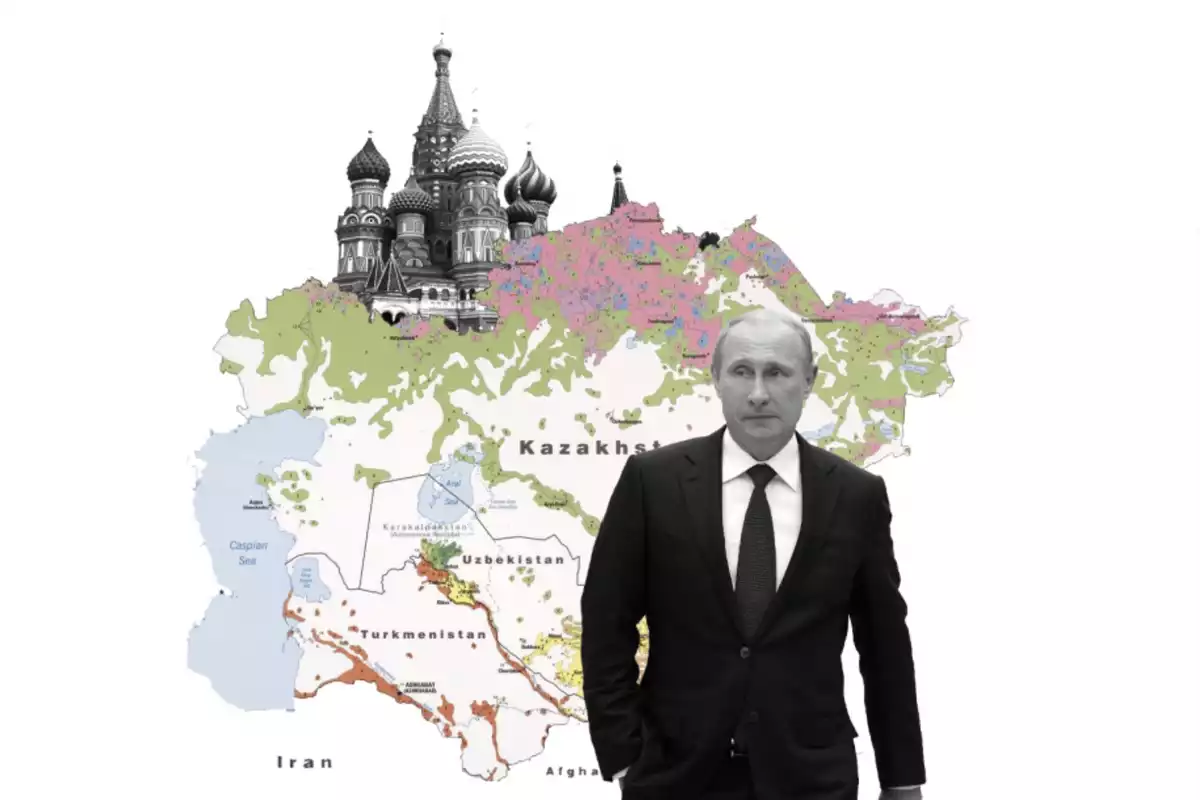
Photo credit: forbes.ge
Kazakhstan and the other post-Soviet republics in Central Asia are warily eyeing Russia’s war in Ukraine.
Once closely tied to Moscow, they have been forced to balance their economic and security concerns since Russian President Vladimir Putin ordered his troops across the border of a sovereign country in full-scale invasion in February 2022, The Caspian Post reports citing The Washington Times.
Nargis Kassenova, director of the Program on Central Asia at Harvard University’s Davis Center for Russian and Eurasian Studies, said that unlike the Ukraine invasion, the Kremlin’s annexation of Crimea in February 2014 didn’t cause a major breach in the international world order. The initial furor eventually died down, and Europe returned to the bargaining table with Russia for access to its Nord Stream natural gas pipeline.
But the invasion of Ukraine was a shock to the system for the five Central Asian countries - Kazakhstan, Uzbekistan, Kyrgyzstan, Tajikistan and Turkmenistan - now living in the shadow of their former ruler.
“It feels like a brave new world where ‘might is right’ and you can feel secure if you’re big and if you preferably have a nuclear bomb. But if you’re small, you are much less secure,” Ms. Kassenova said Wednesday in a discussion hosted by the Center for the National Interest think tank in Washington.
“And on top of that, there’s a fragmentation of the global economic order. We don’t know what’s going to happen to free trade norms,” she said. “That’s not very good for small states.”
With sanctions cutting off Russia from international trade, Moscow has become increasingly interested in financial opportunities in its former Soviet republics. Russia is the biggest investor in Kazakhstan and received about $4 billion in development cash last year - almost a quarter of all the investments received by the government.
“Russia is getting these assets in the most strategic sectors of Kazakhstan’s economy and media,” Ms. Kassenova said. “We still see this in other countries as well. We’re also seeing kind of a more assertive rhetoric” from the Kremlin.
The war in Ukraine has unleashed several strategic concerns, such as what Medet Tiulegenov, a research fellow at the University of Central Asia, called the “decolonization discourse.” One of Mr. Putin’s stated justifications for invading Ukraine was to protect Kyiv’s ethnic Russians living in the disputed Donbas territory.
“Central Asia, basically since 2022, has become the only foothold Russia has had because it’s been rejected by many other places,” Mr. Tiulegenov said from his office in Bishkek, Kyrgyzstan. “Now I think many of the actors are just trying to find their own way about what is normal.”
He said some local business owners are betting that the Trump administration could improve the regional economy, especially if he manages to forge some kind of peace deal in Ukraine.
“Since the start of the war, things have become worse in terms of capital, revenues, personal income and various business opportunities,” Mr. Tiulegenov said.
Share on social media